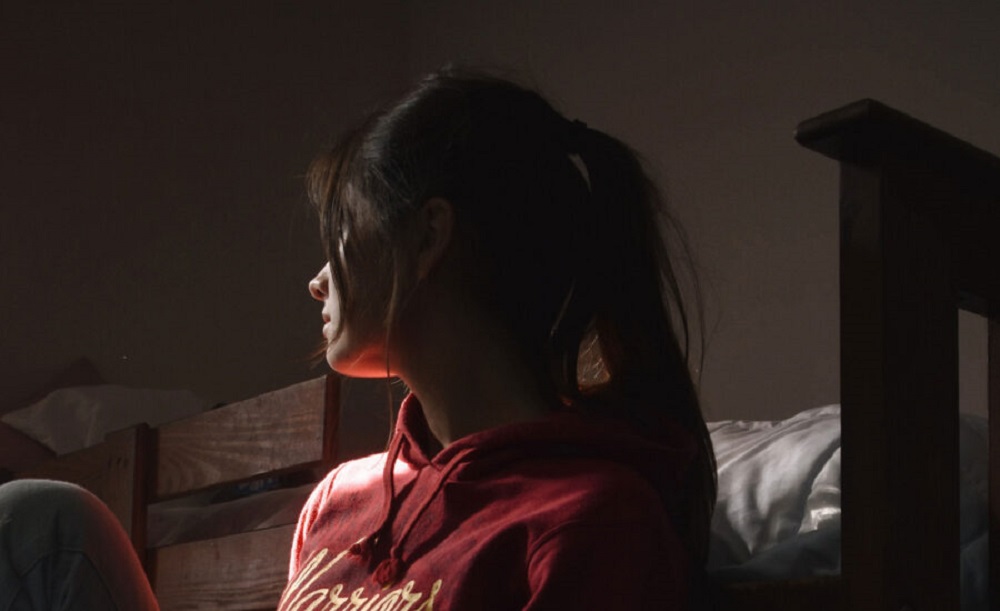The article “How to find a lost life insurance policy” was originally published in MoneySense on February 8, 2022. Photo by Sofia Alejandra from Pexels.
A death in the family is always stressful, but money can make it more so. Here’s expert advice for rights to a lost life insurance policy.
My stepfather left a will and a trust with my mom and brother as trustees. My stepfather raised me since I was five. Before he died, he told me he had a policy with my name on it, but my mom and brother won’t tell me. What could I do? Do I have rights? —Ladana
The details of a will and life insurance policy
My condolences on the loss of your stepfather, Ladana.
When someone dies, some or all of their assets may pass through their estate (the documentation of all the assets and property of someone). Some assets, like those held jointly or with named beneficiaries, may pass outside the estate of the deceased and directly to the joint survivor or to the beneficiary. Other estate assets get dealt with based on the deceased’s will or based on the provincial or territorial intestacy laws (for those who die without a will).
What’s involved in distributing a life insurance policy
If a life insurance policy beneficiary is the “estate,” the proceeds will form part of the estate to be distributed by the executors. A life insurance policy paid into an estate may be addressed specifically in the will with instructions for its distribution. Sometimes, those instructions hold the insurance proceeds in trust, and in other situations, the proceeds are distributed to one or more beneficiaries. In other cases, the proceeds may simply make up the residue of the estate to be distributed along with the other assets to the beneficiaries.
Life insurance is often payable directly to beneficiaries. In these cases, the proceeds may be paid out relatively quickly.
Life insurance paid into an estate can take longer to administer and requires paying probate or estate administration tax, but it can offer the policy holder more control. For example, the policy may contain details on what happens if one or more of the intended beneficiaries dies before or at the same time as the deceased.
If you were named as the direct beneficiary, Ladana, your mother and brother may not be aware that the policy in question exists. If it is payable to you and not the estate, your mother and brother as estate trustees cannot prevent it from being paid to you. Beneficiaries are typically able to obtain the death benefit from the insurance company upon providing a death certificate.
If your mother and brother are aware of the policy—whether it is payable to the estate or not—they may still be trying to figure out what is involved with your stepfather’s estate settlement, as well as their obligations as executors. It can take time to retain professional advice, such as legal and tax advisors, and to prepare an estate inventory.
Does the family have to let all beneficiaries know about the will?
They have an obligation to tell you if you are a beneficiary of the will. Beneficiaries are also entitled to receive detailed accounts of everything received by and paid out from an estate. That said, sometimes an estate can take a year or more to distribute and settle, Ladana, so it may just be a matter of time.
If you think they may not be aware of the policy or that it may be payable to you directly, you can take matters into your own hands. If you know which insurance company the policy was with, you can contact the provider directly. If you are unsure, contact the OmbudService for Life & Health Insurance, which can help you search for a lost insurance policy. It is a free and independent serve whose members represent nearly all Canadian life insurance policies.
There’s one more thing to consider. If the policy was an old one issued by an insurance company that has demutualized—meaning it has converted from a mutual insurance company owned by policyholders to a publicly traded company owned by shareholders and traded on the Toronto Stock Exchange—there may also be insurance company shares in your stepfather’s name.
Canada Life Insurance Company, Clarica Life Insurance Company (formerly the Mutual Life Assurance Company of Canada), Manufacturers Life Insurance Company and Sun Life Assurance Company of Canada have all demutualized. It’s possible for policyholders to have received shares of these companies at the time of their demutualization. Recipients may have subsequently sold or kept their shares. Unless the shares were transferred into a brokerage account, they may not be readily noticeable on an investment statement. But a shareholder might receive regular dividend cheques and should, at the very least, receive an annual T5 slip to report their dividends.
If the deceased owned insurance company shares, the shares would represent a separate asset from the insurance policy. The shares would be considered sold at death and may be subject to capital gains tax payable by the estate of the deceased. The shares would be distributed based on the instructions in the will for the distribution of the estate.
I hope you can get everything figured out easily and cooperatively with your family, Ladana. The loss of a loved one is difficult and dealing with their estate has the potential to lead to arguments. Remember that it may just be a matter of time before they notify you about the policy or entitlements you have as a beneficiary. It is also possible they are not aware of the policy and that is it payable to you directly.
Jason Heath is a fee-only, advice-only Certified Financial Planner (CFP) at Objective Financial Partners Inc. in Toronto. He does not sell any financial products whatsoever. If you have a question for Jason, please send it to ask@moneysense.ca.

